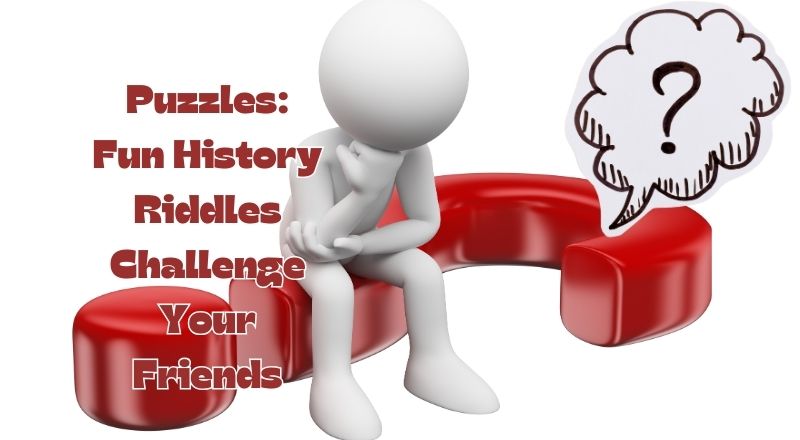Puzzles have captivated human minds for centuries, offering a delightful blend of challenge, entertainment, and intellectual stimulation. From ancient riddles to modern-day brain teasers, puzzle come in a myriad of forms, each with its own unique allure. Let’s delve into the fascinating world of puzzle’s and explore their various types, benefits, and the joy they bring to puzzle enthusiasts of all ages.
Benefits of Puzzles
Cognitive Stimulation: Puzzle’s exercise the brain, improving memory, concentration, and problem-solving abilities.
Stress Reduction: Engaging in puzzles can be a relaxing and meditative activity, helping to reduce stress and anxiety.
Patience and Perseverance: Puzzles often require patience and persistence to solve, fostering valuable life skills.
Sense of Accomplishment: Completing a challenging puzzle provides a sense of accomplishment and boosts self-esteem.
Social Bonding: Puzzle can be enjoyed individually or as a group activity, promoting social interaction and cooperation.
- Riddle: I am a famous Roman general who became dictator of Rome and was assassinated by his own Senate. Who am I?
- Riddle: I am a famous African queen known for my military and diplomatic skills. Who am I?
- Riddle: I am a famous Roman general who led his army across the Alps to conquer Italy. Who am I?
- Riddles: I am a mysterious medieval group of knights known for my religious devotion and secrecy. What am I?
- Riddle: I am an ancient book believed to hold the secrets to life and the universe. What am I?
- Riddle: I was once a great empire but fell after a famous battle against the Greeks. Who am I?
- Riddle: I am known as the father of medicine, who famously said, “Let food be thy medicine.” Who am I?
- Riddle: I am an ancient city destroyed by a volcanic eruption in 79 AD. What am I?
- Riddle: I am the first female to fly solo across the Atlantic Ocean. Who am I?
- Riddles: I am the battle fought on June 18, 1815, that marked the end of Napoleon’s rule. What am I?
- Riddles: I am a famous ancient city, known for my hanging gardens. What am I?
- Riddle: I was the well-known ruler of the Mongol Empire, known as the “Great Khan.”. “Who am I?
- Riddle: I am the ancient Greek warrior who fought in the Trojan War and was said to be invincible except for my heel. Who am I?
Riddle: I am a famous Roman general who became dictator of Rome and was assassinated by his own Senate. Who am I?
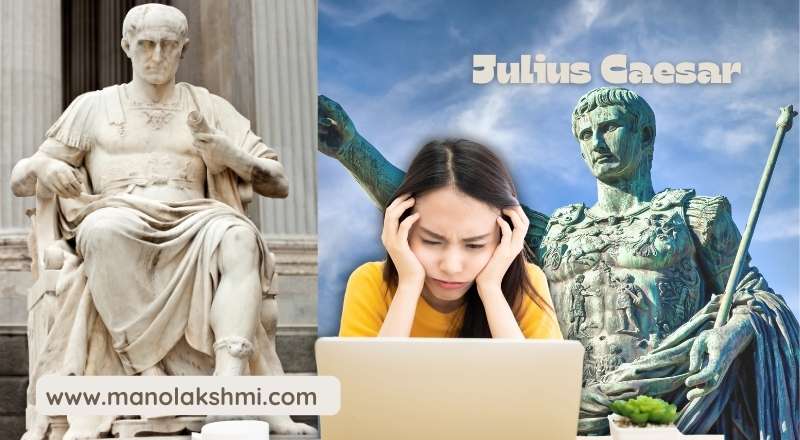
Answer: Julius Caesar.
Julius Caesar Known for his pivotal role in the events that led to the demise of the Roman Republic and the rise of the Roman Empire, Julius Caesar was a brilliant military commander who expanded Rome’s territories through his conquests. His crossing of the Rubicon River marked a significant turning point in Roman history, leading to a civil war. Caesar’s reforms and centralization of power were groundbreaking, but his growing influence and declaration as “dictator Perpetuo” unsettled many senators. This ultimately led to his tragic assassination on the Ides of March. A moment that has echoed through history as a lesson in power, ambition, and betrayal. Caesar’s life and legacy fascinate scholars and storytellers alike, symbolizing both the heights of human achievement and the perils of unchecked authority.
Riddle: I am a famous African queen known for my military and diplomatic skills. Who am I?
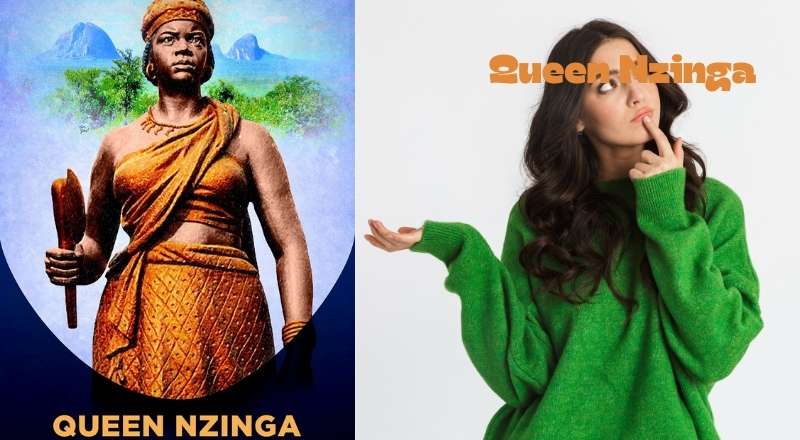
Answer: Queen Nzinga.
Queen Nzinga of Ndongo and Matamba is a remarkable leader who is celebrated for her exceptional strategic acumen and unwavering resolve in the face of adversity. In the 17th century, she fiercely resisted Portuguese colonization, standing as a powerful symbol of defiance and resilience. Her adept negotiation skills and ability to forge alliances were instrumental in protecting her people and maintaining her kingdom’s sovereignty. Queen Nzinga’s legacy symbolizes strength and resilience, inspiring generations with her unwavering determination and visionary leadership.
Riddle: I am a famous Roman general who led his army across the Alps to conquer Italy. Who am I?
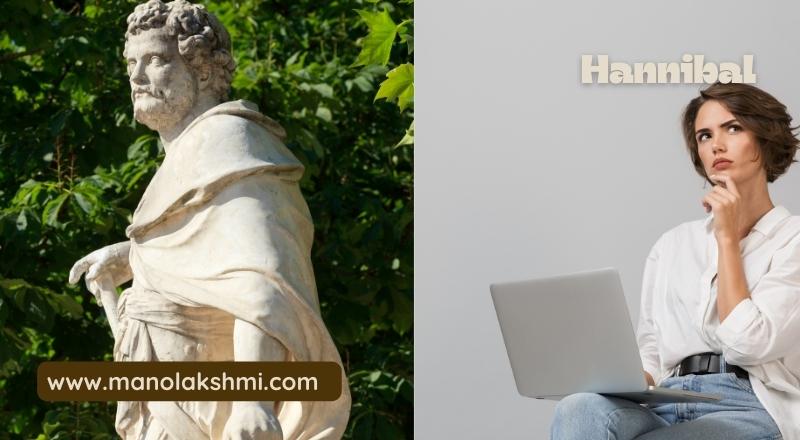
Puzzles Answer: Hannibal
The Legendary Carthaginian general, Hannibal is celebrated for his daring and innovative military strategies that redefined warfare during the Second Punic War. His legendary crossing of the Alps with a diverse army, including war elephants, is considered one of the most remarkable military feats in history. Hannibal’s tactical brilliance was evident in battles such as the Battle of Cannae, where he delivered a crushing defeat to the Roman legions. Despite his eventual defeat, Hannibal’s legacy endures as a master tactician whose campaigns have been studied by military leaders for centuries. His ability to inspire and lead his troops through challenging terrains and against formidable foes underscores his status as one of history’s greatest military commanders.
Riddles: I am a mysterious medieval group of knights known for my religious devotion and secrecy. What am I?
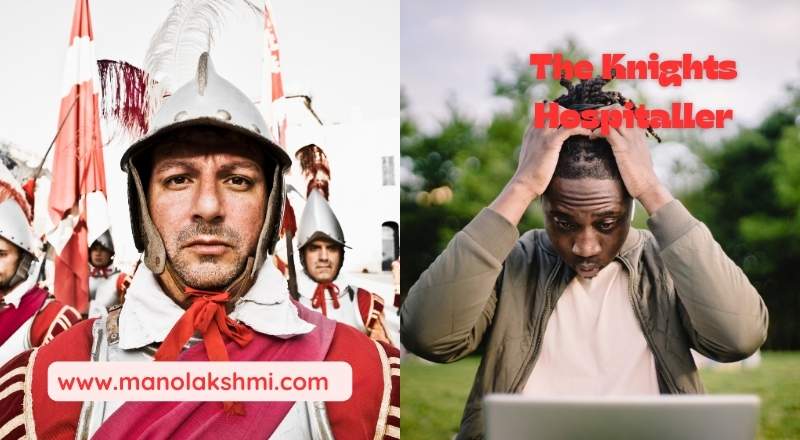
Puzzles Answer: The Knights Hospitaller,
The Knights Hospitaller, also known as the Order of Saint John, was a medieval Catholic martial order famous for their humanitarian efforts and military prowess. Established in the 11th century in Jerusalem, the Knights Hospitaller dedicated themselves to the care of sick and injured pilgrims journeying to the Holy Land. Over time, their role expanded to include defending the Christian territories during the Crusades.
The order’s irregular black robes adorned with a white cross became a symbol of their loyalty to faith, charity, and martial discipline. The Knights Hospitaller established fortified hospitals and strongholds across the Mediterranean, with their headquarters eventually moving to the island of Malta, where they became known as the Knights of Malta.
Their legacy of medical care and defense continues to inspire modern organizations dedicated to upholding humanitarian principles and serving those in need. The enduring story of the Knights Hospitaller reflects the complex interplay of faith, warfare, and compassion that characterized the medieval era.
Riddle: I am an ancient book believed to hold the secrets to life and the universe. What am I?
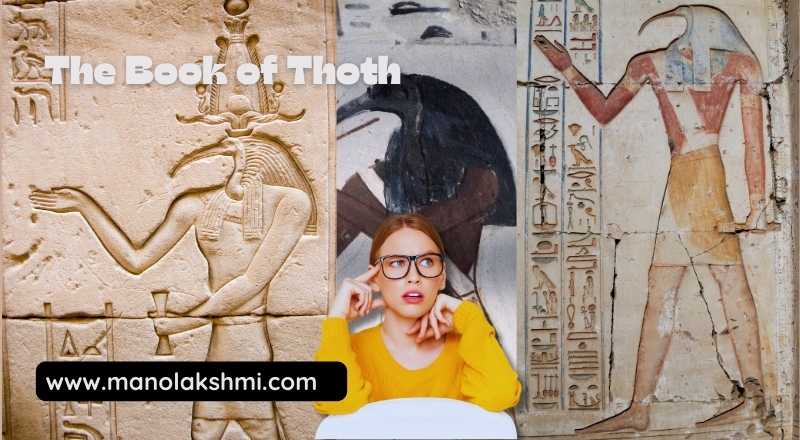
Puzzles Answer: The Book of Thoth
The Book of Thoth, an ancient Egyptian text, is shrouded in mystery and legend.
According to mythology, The Book of Thoth Was written by the Egyptian god of wisdom, Thoth, and is said to contain powerful spells and knowledge that could unlock the secrets of the universe.
It was believed to grant its reader unparalleled wisdom and the ability to understand the language of animals.
Throughout history, the Book of Thoth has fascinated scholars, mystics, and adventurers who sought its profound insights and transformative power.
Its allure lies in the promise of enlightenment and the eternal quest for Understanding the mysteries of life.
Legends suggest that the Book of Thoth was buried with the pharaohs, hidden away in secret chambers, or lost to time, adding to its enigmatic allure.
Its legacy continues to captivate the imagination of those who dream of uncovering the ancient wisdom of the past.
Riddle: I was once a great empire but fell after a famous battle against the Greeks. Who am I?
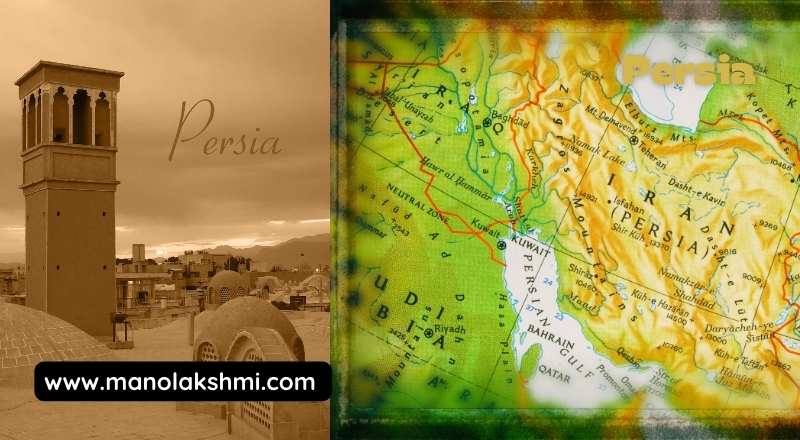
Answer: Persia.
Persia, Once a dominant and sprawling civilization, the Persian Empire is remembered for its immense wealth, vast territories, and cultural achievements. It reached its zenith under the leadership of powerful rulers such as Cyrus the Great and Darius I, who expanded its boundaries from the Indus Valley in the east to Egypt and the Balkans in the west. However, the empire’s fortunes changed after the fateful Battle of Marathon and subsequent conflicts with the Greeks, known as the Greco-Persian Wars. Despite its eventual decline, the legacy of the Persian Empire endures through its contributions to art, architecture, and governance, influencing cultures and societies far beyond its original borders.
Riddle: I am known as the father of medicine, who famously said, “Let food be thy medicine.” Who am I?
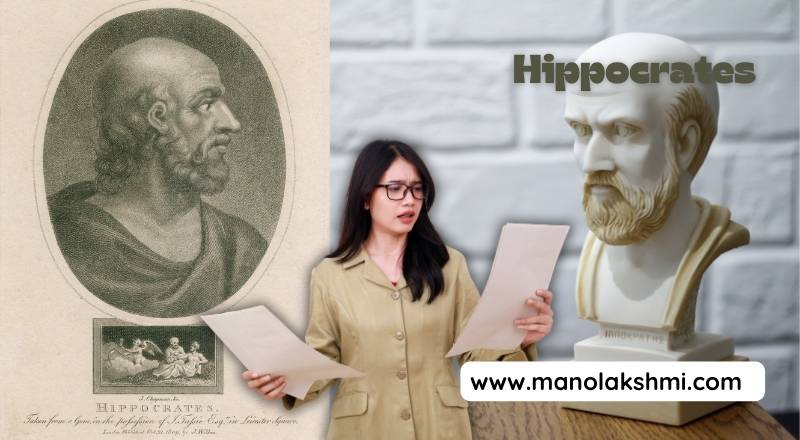
Answer: Hippocrates
Hippocrates, often regarded as the “Father of Medicine,” laid the foundation for modern medical ethics and practice. Born in ancient Greece, Hippocrates is best known for the Hippocratic Oath, a guiding document that underscores physicians’ ethical responsibilities. His teachings emphasized the importance of observation, diagnosis, and treatment based on natural causes rather than supernatural beliefs.
Hippocrates advocated for a holistic approach to health, emphasizing the significance of diet, exercise, and lifestyle in maintaining well-being. His famous adage, “Let food be thy medicine,” highlights the role of nutrition in preventing and treating illnesses. This perspective has resonated through the ages, influencing contemporary approaches to healthcare and wellness.
Hippocrates’ legacy is not only preserved in the medical field but also the broader understanding of health, encouraging a balance between the body and the environment. His contributions continue to inspire and guide healthcare professionals in their pursuit of knowledge and compassionate care.
Riddle: I am an ancient city destroyed by a volcanic eruption in 79 AD. What am I?
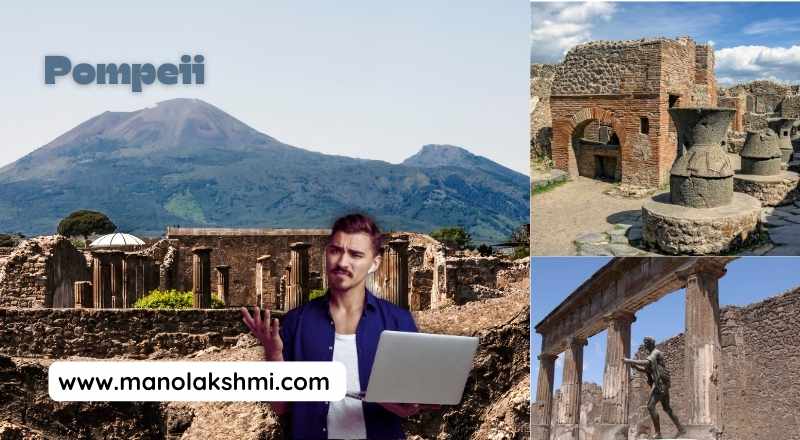
Puzzles Answer: Pompeii
Pompeii, the ancient Roman city, met its tragic fate when Mount Vesuvius erupted in 79 AD. This catastrophic event buried the city under a thick blanket of volcanic ash and pumice, preserving it in a time capsule that offers a remarkable glimpse into Roman life. The sudden disaster froze Pompeii in time, capturing streets, buildings, and even the daily activities of its inhabitants.
Rediscovered in the 18th century, Pompeii has provided invaluable insights into the art, culture, and architecture of the Roman Empire. The excavations have revealed beautifully preserved frescoes, intricate mosaics, and artifacts that tell the stories of a bustling city. The poignant plaster casts of the victims, caught in their final moments, serve as a haunting reminder of the tragedy that befell the city.
Pompeii’s legacy continues to captivate archaeologists, historians, and visitors alike, offering a vivid connection to the past and a sobering testament to the power of nature. Its ruins stand as a symbol of both human achievement and vulnerability, inspiring awe and reflection across generations.
Riddle: I am the first female to fly solo across the Atlantic Ocean. Who am I?
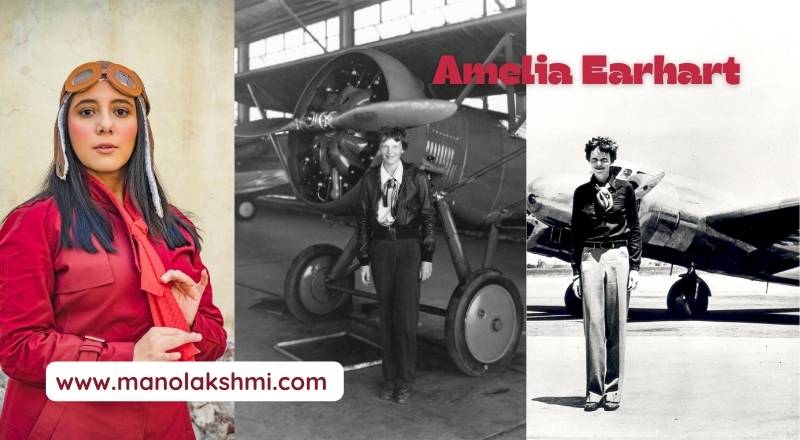
Puzzles Answer: Amelia Earhart
Amelia Earhart, a pioneering aviator, became a symbol of courage and determination when she achieved this remarkable feat in 1932. Her solo transatlantic flight made her an international icon and a trailblazer for women in aviation. Earhart’s journey from Newfoundland, Canada, ended in a Northern Ireland pasture near Londonderry due to harsh weather and mechanical problems.
Beyond her aviation achievements, Earhart was a passionate advocate for women’s rights and opportunities in traditionally male-dominated fields. She consistently challenged societal norms, inspiring countless individuals to pursue their dreams regardless of the obstacles they might face.
Amelia Earhart’s adventurous spirit and pioneering accomplishments left an indelible mark on history. Her mysterious disappearance in 1937 during an attempt to circumnavigate the globe only added to her legend, sparking intrigue and speculation that continue to this day. Earhart’s legacy endures as a testament to the power of perseverance and the unyielding quest for exploration.
Riddles: I am the battle fought on June 18, 1815, that marked the end of Napoleon’s rule. What am I?

Puzzles Answer: The Battle of Waterloo
The Battle of Waterloo, was a pivotal conflict that marked the final defeat of Napoleon Bonaparte, effectively ending his reign and ambitions for European domination. The Battle of Waterloo, fought in present-day Belgium, pitted the Seventh Coalition, led by the Duke of Wellington and General von Blücher, against Napoleon’s army.
Waterloo: fierce combat, strategic maneuvers, French initial success, Prussian arrival decisive. Which ultimately shifted the tide in favor of the Coalition. Napoleon’s defeat at Waterloo led to his abdication and subsequent exile to the island of Saint Helena, where he spent the remainder of his life.
Waterloo’s legacy has had a profound impact on European history, symbolizing not only the end of the Napoleonic Wars. But also the beginning of a new era of relative peace in Europe. The battle remains a subject of extensive study and interest, epitomizing the dramatic shifts in power and the enduring quest for stability and order in the aftermath of conflict.
Riddles: I am a famous ancient city, known for my hanging gardens. What am I?

Answer: Babylon
Babylon, the legendary city of Mesopotamia, is renowned for its architectural marvels and cultural significance.
The Hanging Gardens of Babylon, an Ancient World Wonder, were a remarkable feat of engineering: terraced gardens, lush with plants and trees, seemingly suspended in the air. These gardens were reputedly built by King Nebuchadnezzar II for his wife, who longed for the greenery of her homeland.
Babylon was a hub of innovation and learning, contributing significantly to art, science, and governance. It was also famous for its towering ziggurat, the Etemenanki, which is believed to have inspired the biblical story of the Tower of Babel. The city blossomed in trade, becoming a melting pot of civilizations and ideas, and its legacy has left an indelible mark on history.
Much of Babylon’s grandeur is lost, yet its influence endures in modern legal systems (e.g., Code of Hammurabi) and a rich tapestry of narratives and myths.
Riddle: I was the well-known ruler of the Mongol Empire, known as the “Great Khan.”. “Who am I?
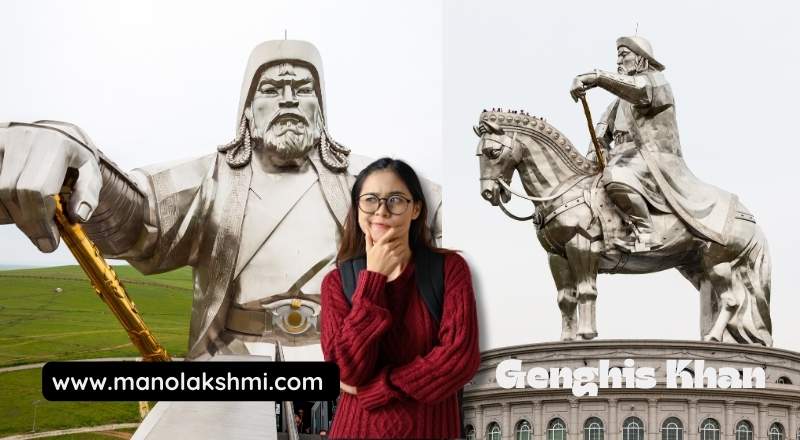
Puzzles Answer: Genghis Khan
Genghis Khan, the founder of the Mongol Empire, is renowned for his remarkable conquests and the creation of one of history’s largest empires. Rising from humble beginnings, Genghis Khan, born Temüjin, united the Mongolian tribes and led them to victory across Asia and Europe. His military strategies were groundbreaking, characterized by swift and coordinated attacks, mastery of horseback warfare, and exceptional adaptability.
Under Genghis Khan’s commanding leadership, the Mongol Empire surged forward, decisively expanding from the Pacific Ocean all the way to Eastern Europe. His legacy extends far beyond military strength; it also profoundly shapes cultural and economic landscapes. The Mongol Empire facilitate trade across the Silk Road, promoting the exchange of goods, technology, and ideas between East and West.
Despite the often brutal nature of his conquests, Genghis Khan implemented progressive policies. Within his empire, such as religious tolerance and meritocratic governance. His legal code, the Yassa, aimed to maintain order and unity among the diverse peoples under his rule.
Genghis Khan’s impact endures, as his innovations in governance and military tactics continue to be studied and admired. His story is a testament to the power of vision, determination, and leadership, leaving a complex but indelible mark on world history.
click here: Sports Riddle: Best Amazing Riddles to Test Your Knowledge
Riddle: I am the ancient Greek warrior who fought in the Trojan War and was said to be invincible except for my heel. Who am I?

Puzzles Answer: Achilles
Achilles, the legendary Greek hero of the Trojan War, is renowned for his unmatched prowess in battle and his tragic vulnerability. According to myth, Achilles was invincible in all but his heel, a weakness that ultimately led to his downfall. His mother, Thetis, dipped him into the River Styx by the heel, leaving it unprotected.
Homer’s “The Iliad” immortalizes Achilles as a fierce warrior driven by honor and vengeance. Fueled by Patroclus’s death, Achilles dramatically slays Hector. Achilles, despite his prowess, was subject to human frailty and inescapable fate.
Achilles’ legacy endures, a timeless embodiment of heroism, mortality, and the pursuit of glory. His story highlights the balance of strength and vulnerability, and the lasting cultural impact of legends.
